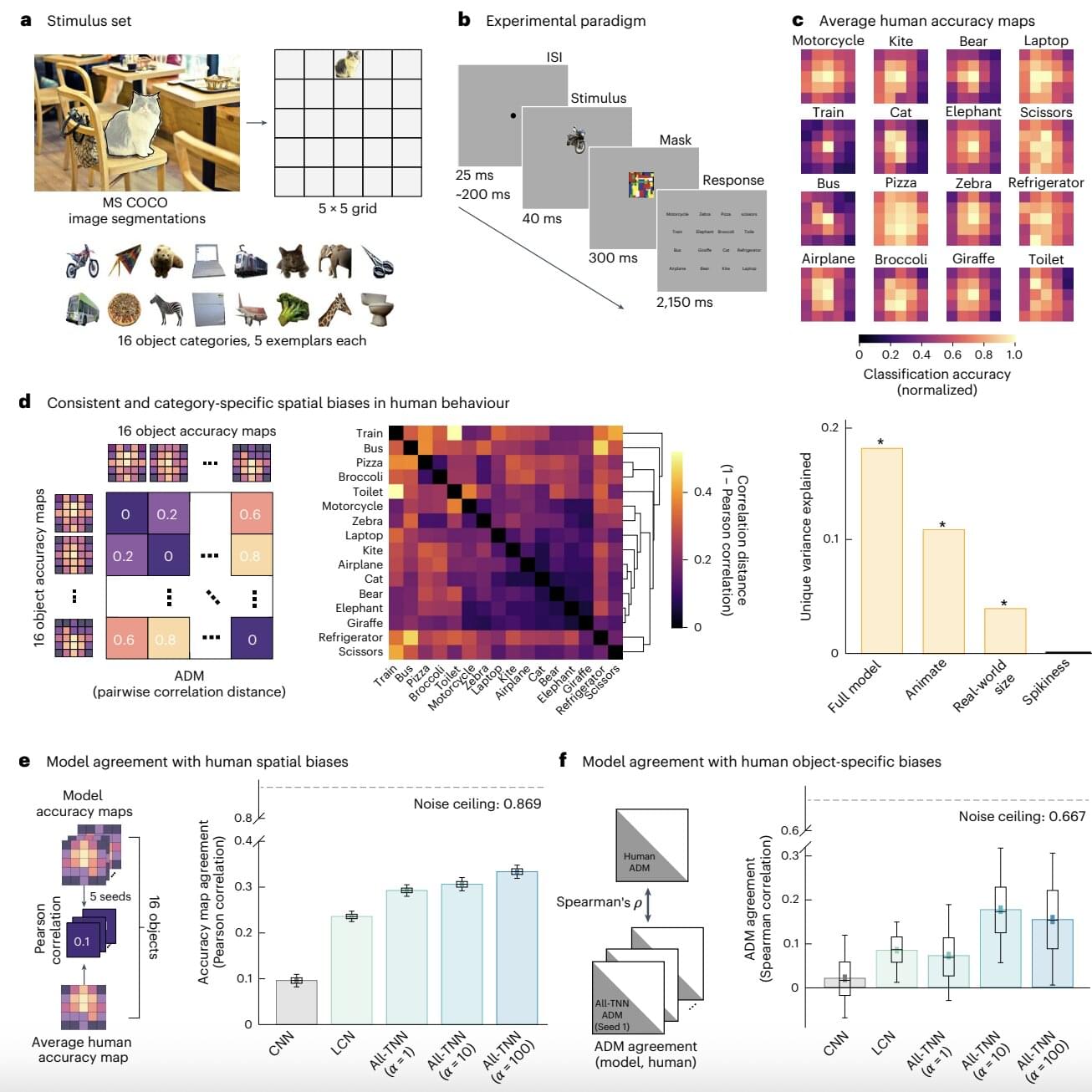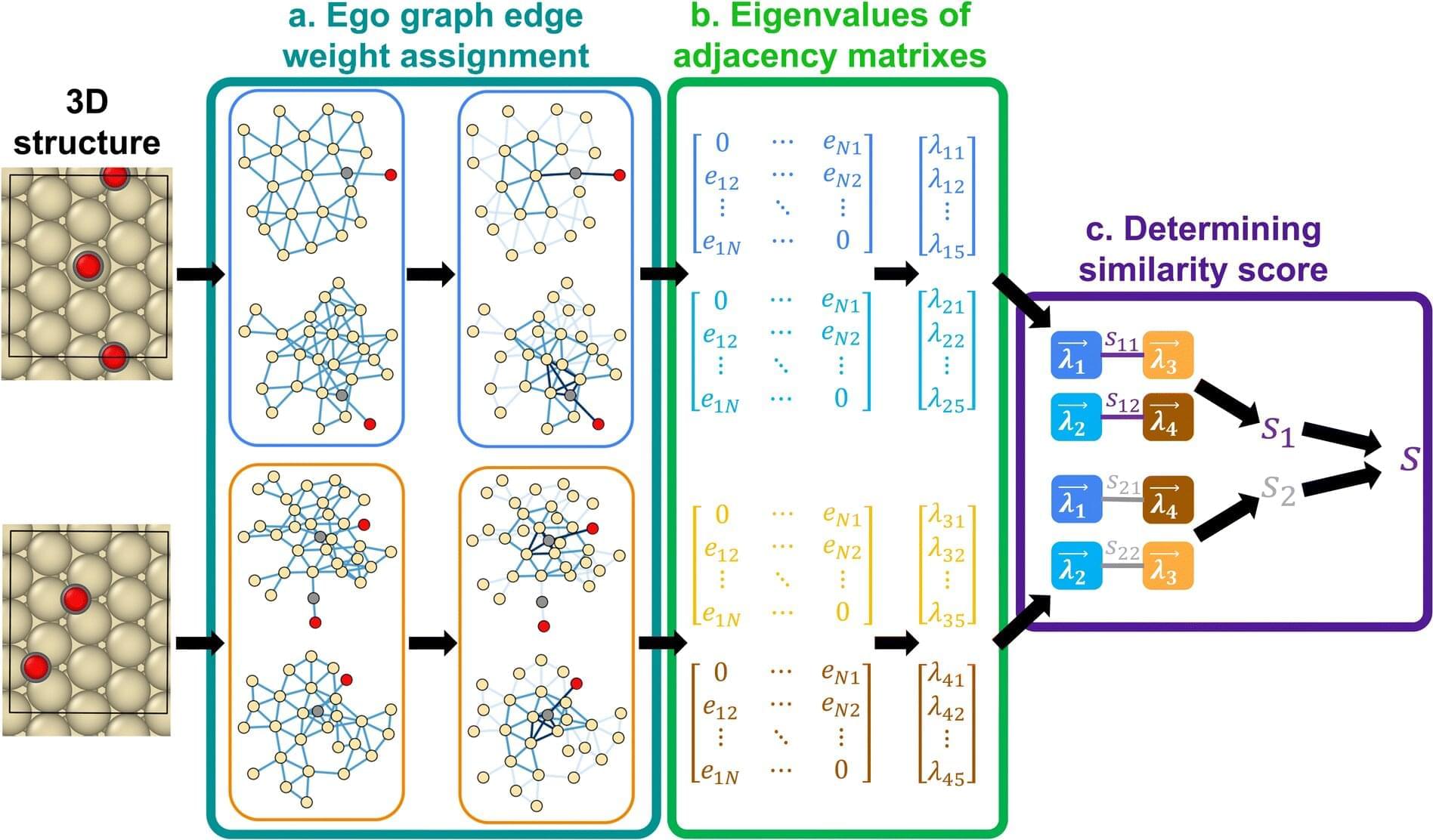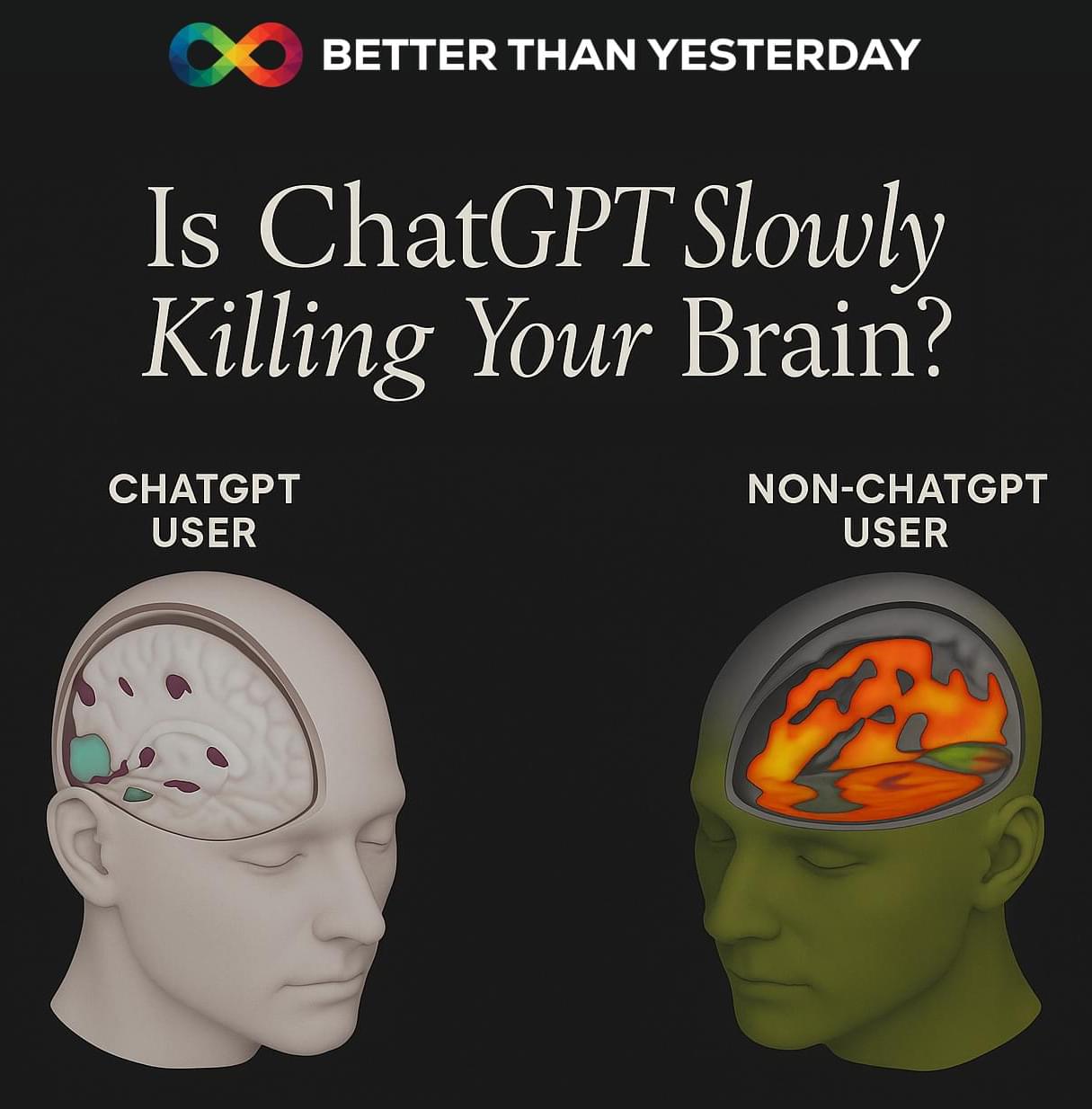Super-intelligent chat bots that hear you, understand you, and remember you.


A revolution is coming with e-Flesh.

Deep learning models, such as convolutional neural networks (CNNs) and recurrent neural networks (RNNs) are designed to partly emulate the functioning and structure of biological neural networks. As a result, in addition to tackling various real-world computational problems, they could help neuroscientists and psychologists to better understand the underpinnings of specific sensory or cognitive processes.
Researchers at Osnabrück University, Freie Universität Berlin and other institutes recently developed a new class of artificial neural networks (ANNs) that could mimic the human visual system better than CNNs and other existing deep learning algorithms. Their newly proposed, visual system-inspired computational techniques, dubbed all-topographic neural networks (All-TNNs), are introduced in a paper published in Nature Human Behaviour.
“Previously, the most powerful models for understanding how the brain processes visual information were derived off of AI vision models,” Dr. Tim Kietzmann, senior author of the paper, told Tech Xplore.

A new algorithm opens the door for using artificial intelligence and machine learning to study the interactions that happen on the surface of materials.
Scientists and engineers study the atomic interactions that happen on the surface of materials to develop more energy efficient batteries, capacitors, and other devices. But accurately simulating these fundamental interactions requires immense computing power to fully capture the geometrical and chemical intricacies involved, and current methods are just scratching the surface.
“Currently it’s prohibitive and there’s no supercomputer in the world that can do an analysis like that,” says Siddharth Deshpande, an assistant professor in the University of Rochester’s Department of Chemical Engineering. “We need clever ways to manage that large data set, use intuition to understand the most important interactions on the surface, and apply data-driven methods to reduce the sample space.”

Recently, text-based image generation models can automatically create high-resolution, high-quality images solely from natural language descriptions. However, when a typical example like the Stable Diffusion model is given the text “creative,” its ability to generate truly creative images remains limited.
KAIST researchers have developed a technology that can enhance the creativity of text-based image generation models such as Stable Diffusion without additional training, allowing AI to draw creative chair designs that are far from ordinary.
Professor Jaesik Choi’s research team at KAIST Kim Jaechul Graduate School of AI, in collaboration with NAVER AI Lab, developed this technology to enhance the creative generation of AI generative models without the need for additional training. The work is published on the arXiv preprint server the code is available on GitHub.

Cybersecurity researchers have exposed the inner workings of an Android malware called AntiDot that has compromised over 3,775 devices as part of 273 unique campaigns.
“Operated by the financially motivated threat actor LARVA-398, AntiDot is actively sold as a Malware-as-a-Service (MaaS) on underground forums and has been linked to a wide range of mobile campaigns,” PRODAFT said in a report shared with The Hacker News.
AntiDot is advertised as a “three-in-one” solution with capabilities to record the device screen by abusing Android’s accessibility services, intercept SMS messages, and extract sensitive data from third-party applications.


Microsoft is investigating a known OneDrive issue that is causing searches to appear blank for some users or return no results even when searching for files they know they’ve already uploaded.
In a support document updated this week, the company shared that this bug impacts Windows, Android, iOS, and web users.
“Some OneDrive personal account users may notice that search results appear blank or don’t return files they know exist. While the files are still present and accessible, they don’t appear in search results,” Microsoft explains in a support document published this week.
🔥 Witness the AI Revolution in Biotechnology & Biology!
In this video, know how Artificial Intelligence is transforming the world of biotech — from AI-powered drug discovery and CRISPR gene editing to precision medicine and bioinformatics!
💡 Get a glimpse of future labs, real-world breakthroughs, and career trends that are reshaping life sciences as we know it.
🚀 Whether you’re a student, researcher, or biotech enthusiast — this is your gateway to the future!
👉 Subscribe to Biotecnika for powerful insights, expert guidance, and the latest in biotech innovation:
Stay updated with the latest in AI, Biotechnology, and Career Insights – Subscribe to Biotecnika now!” Subscribe to Biotecnika for more biotech breakthroughs!“
“Don’t miss out – Hit subscribe for biotech + AI updates!”
AI ML in Biology, Bioinformatics & Computational Biology Summer Training Program With Project Work + Paper Publication Assistance.
